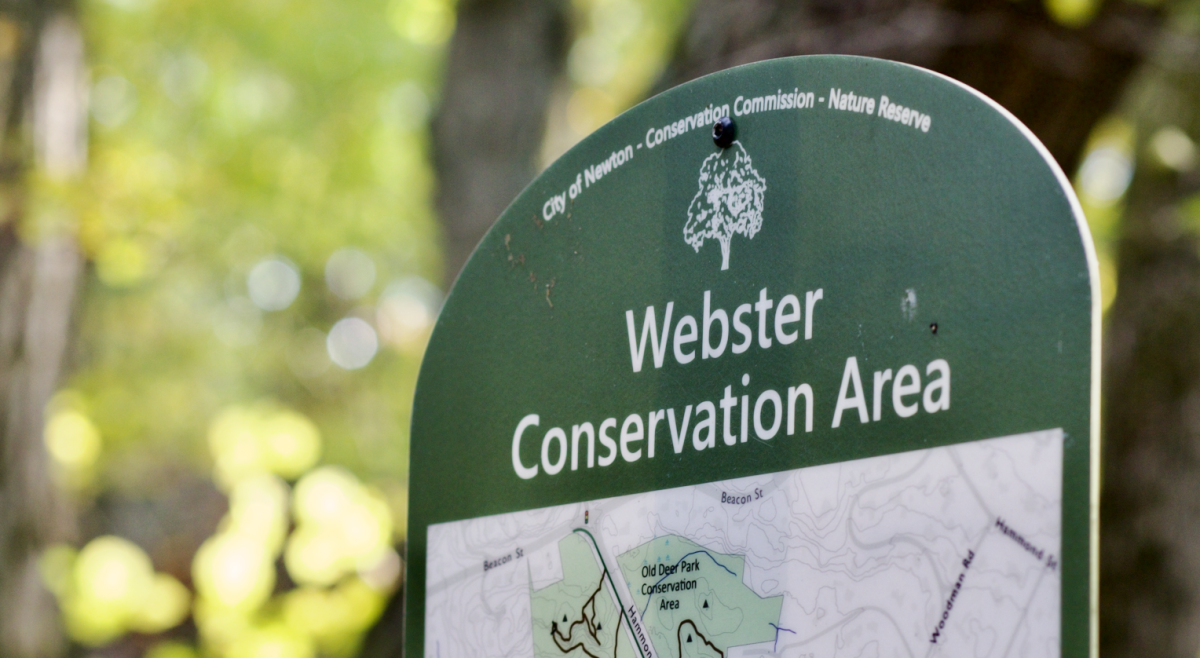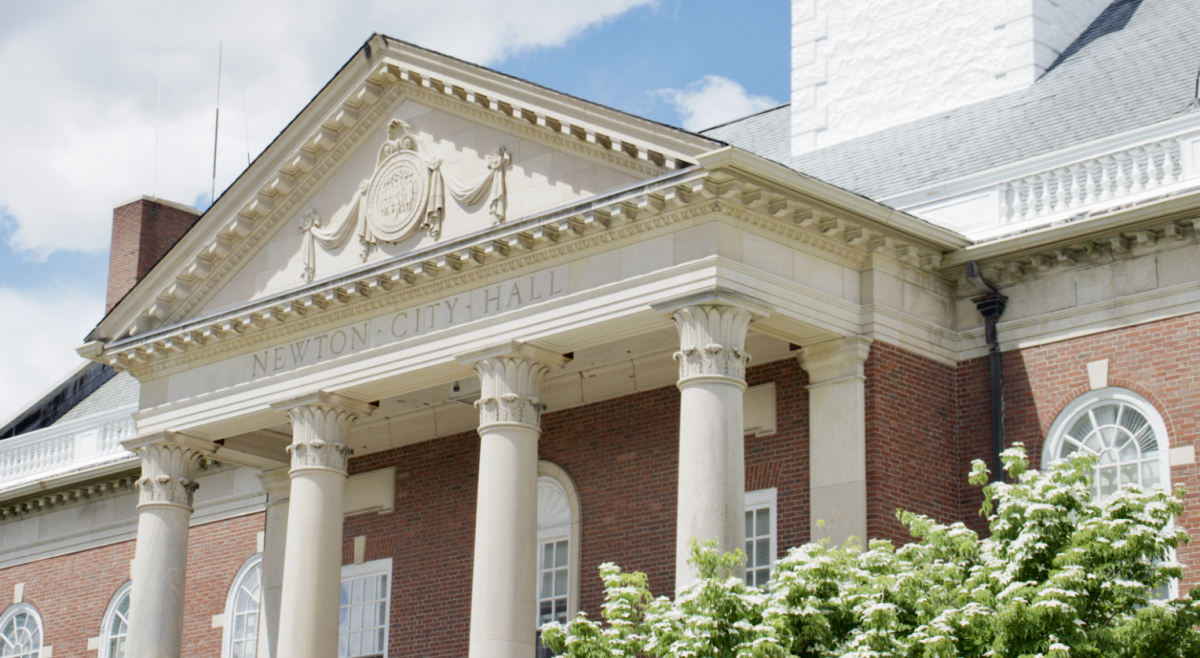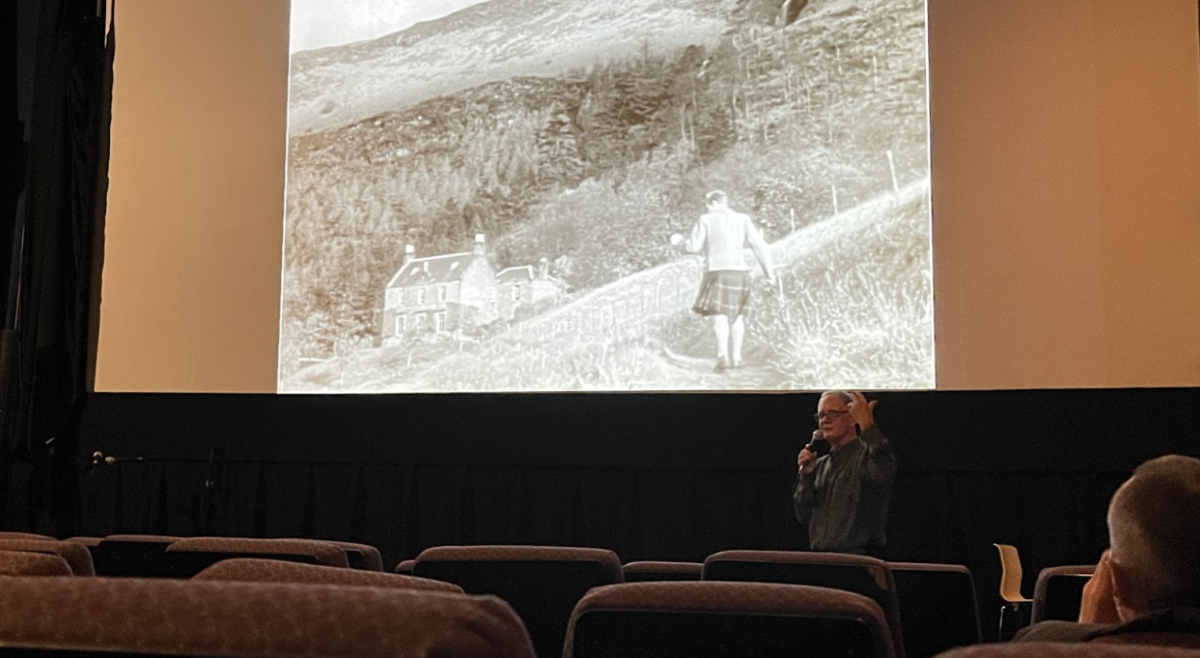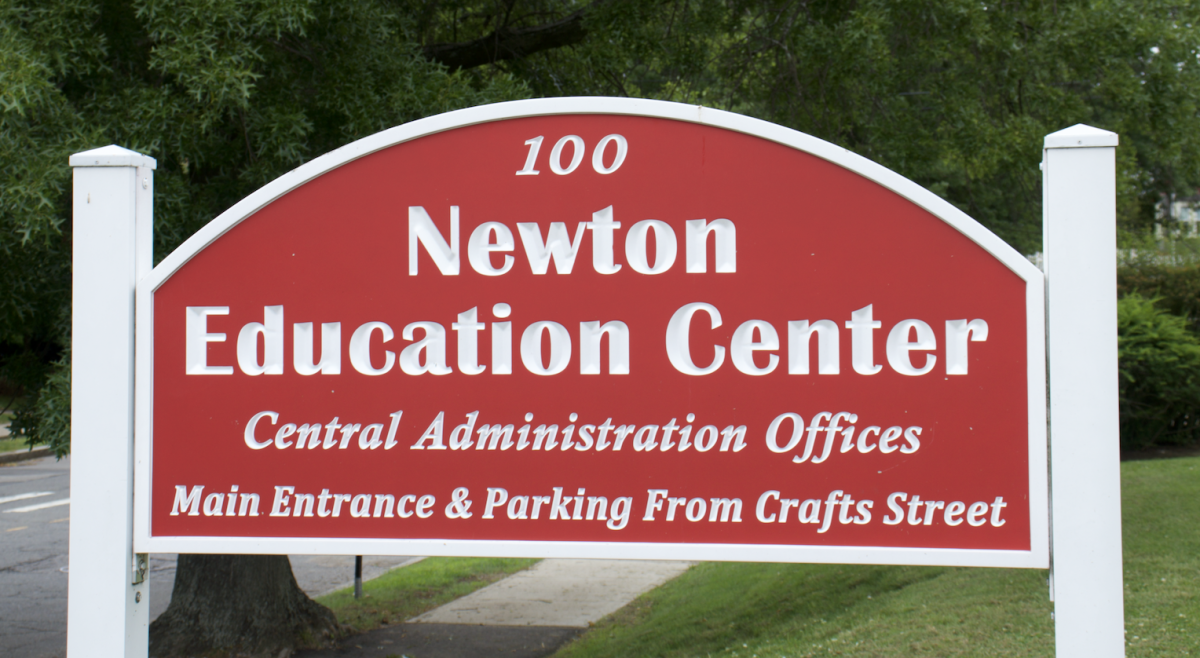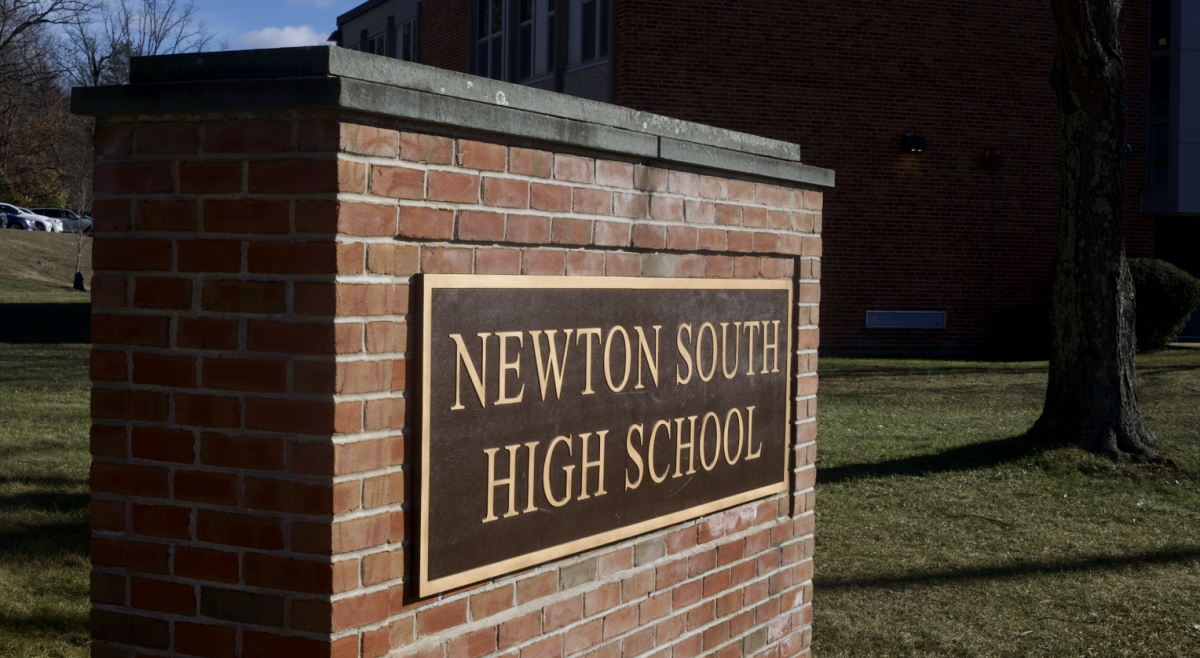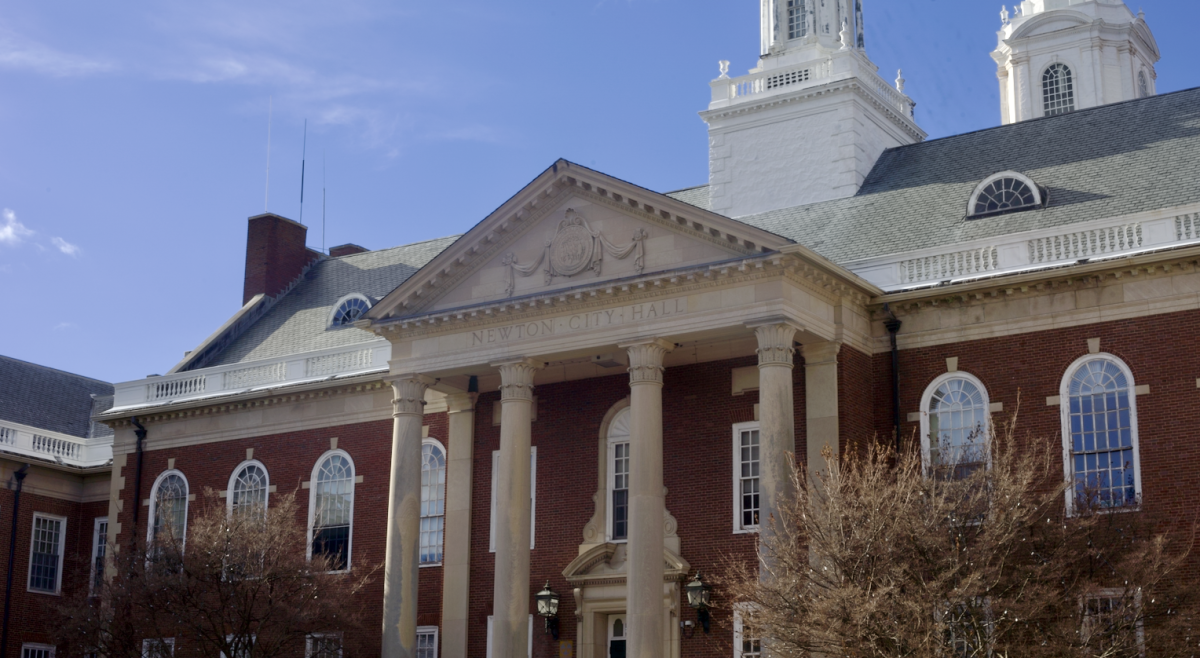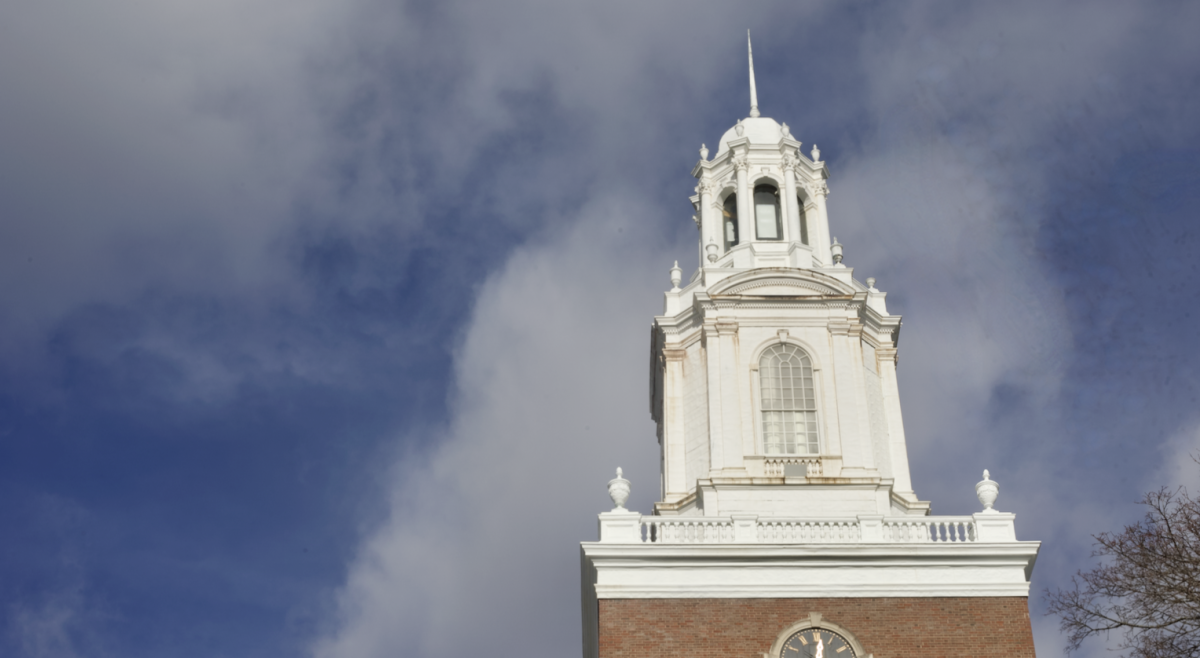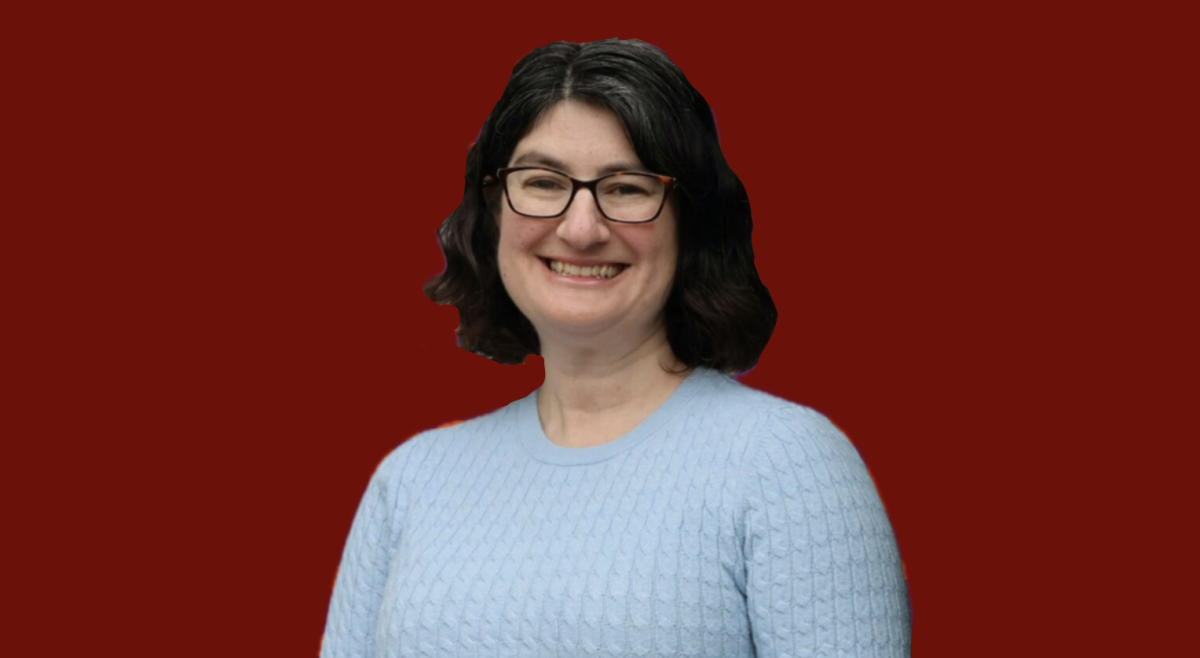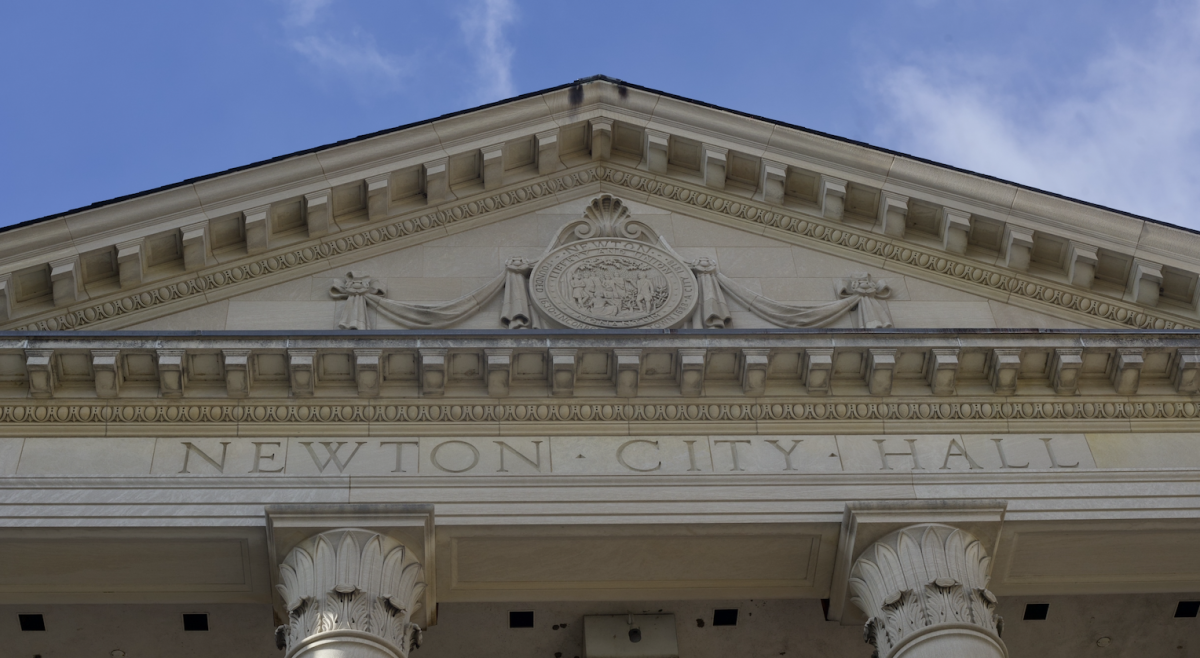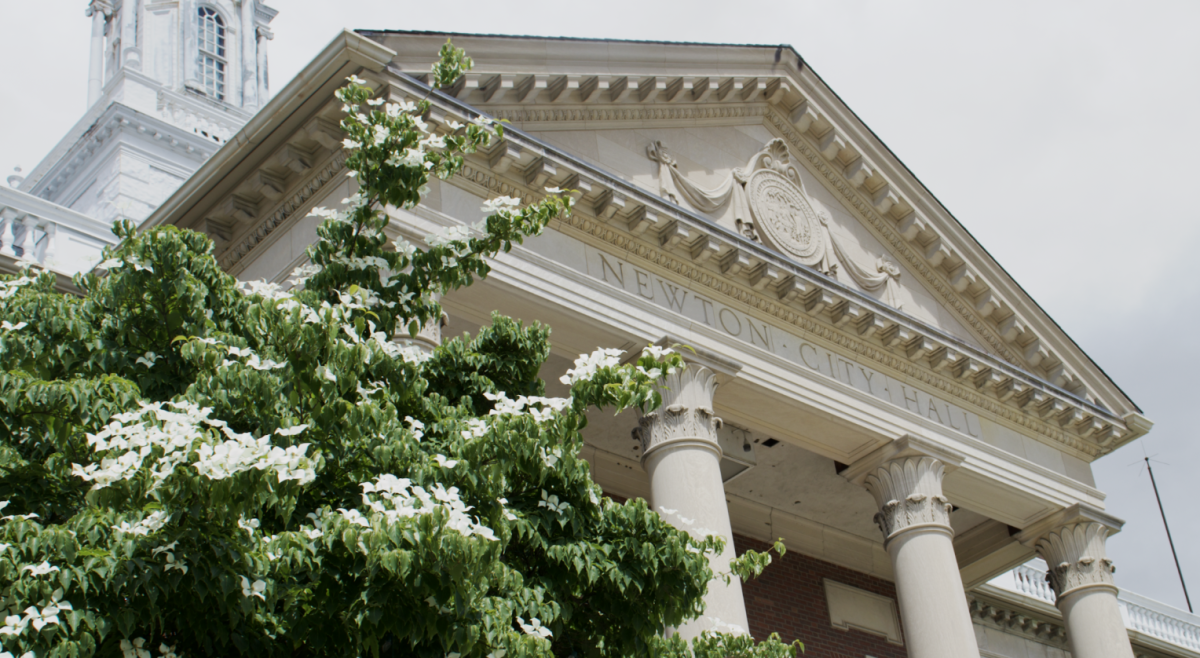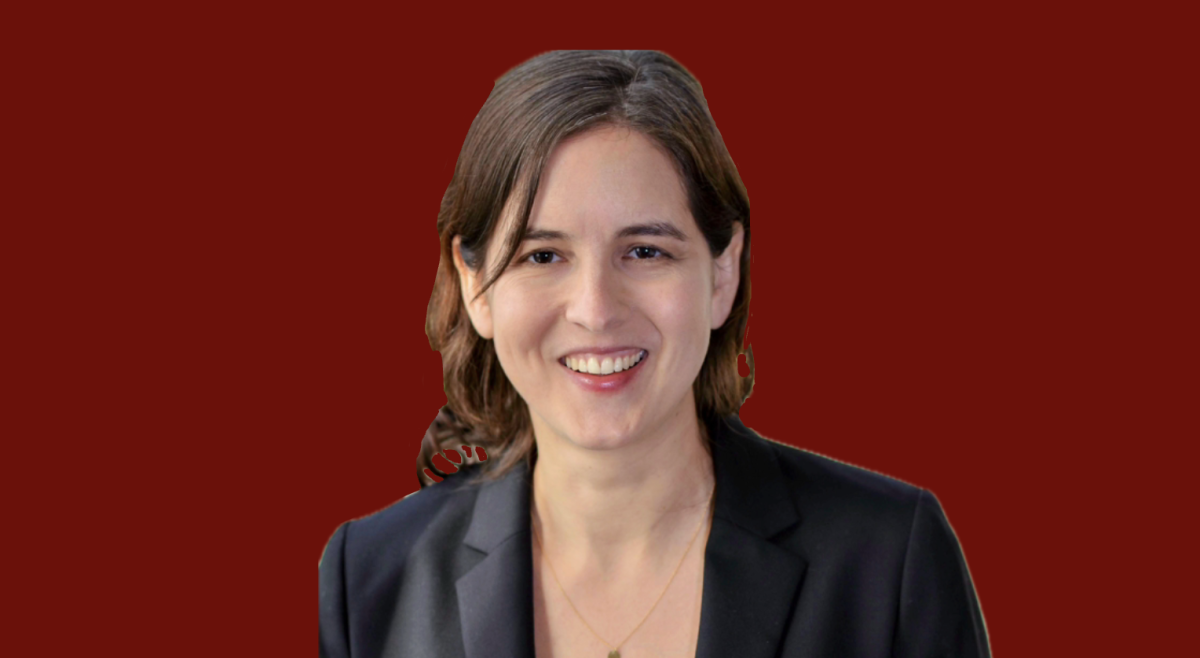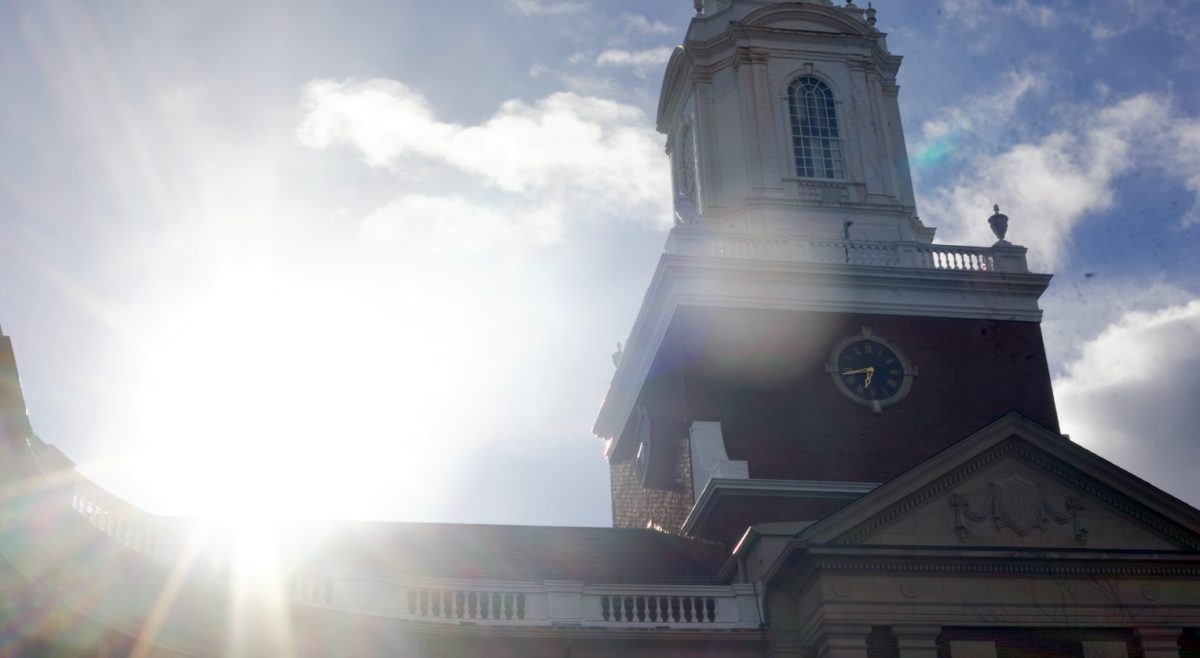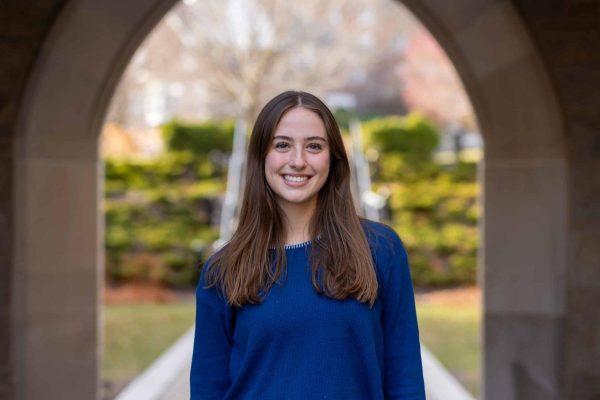It’s all quiet in Webster Woods. A canopy of oak, hickory, and hemlock trees is slowly shedding its leaves. Wildlife scamper around the soft cliffs, vernal pools, and marshes while walkers and their pets roam a web of trails. The 230-acre area makes up the largest protected open space in Newton—a suburban oasis, less than a mile south of Boston College’s Upper Campus down Hammond Pond Parkway.
But in the Middlesex County Superior Court, there’s a noisy legal fight over a 22.4-acre section of this sanctuary.
For six years, BC and the City of Newton have squabbled over the ownership of this section of Webster Woods—and how much it’s worth. Recent legal actions have further muddied the waters. A Middlesex Superior Court justice ruled in July that the parcel never rightfully belonged to either party, but that it is, and has always been, property of the Commonwealth of Massachusetts.
In 2016, BC bought the 22.4 acres of land for $20 million from Congregation Mishkan Tefila, a synagogue that has since moved to Brookline. The tract included a 7.6-acre building complex and 14.8 acres of forest. BC converted the old synagogue into an auditorium venue for BC’s Robsham Theater Arts Center and administrative office space.
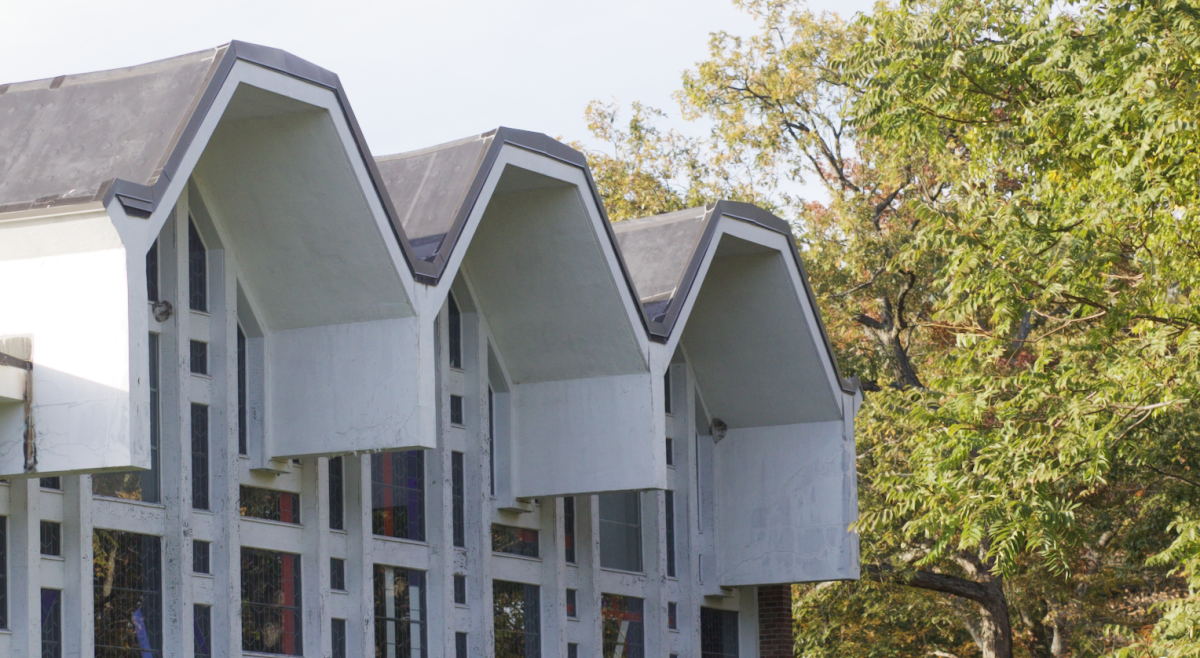
Three years later, the city seized the 14.8-acre undeveloped portion of BC’s acquisition through eminent domain. This power enables the government to buy private property for public use, with or without the property owner’s consent. Newton compensated the University $15.2 million for the parcel.
Lawyers for BC shot back a complaint that the amount Newton paid for the land was “grossly unfair and totally inadequate.” They argued that the University was owed more money and that the seizure of the undeveloped land diminished the value of the 7.6 acres they had left over.
To make its case, BC reached into the past. It argued that when Congregation Mishkan Tefila bought the land from the state in 1954, one part of the deed—the legal document that defines terms of ownership—was invalid.
BC pointed out that when a state conservation agency sold the land to the synagogue, it restricted use exclusively to “religious or educational purposes, or recreational purposes therein.”
According to BC, that restriction is illegal because certain state laws make land use restrictions unenforceable after 30 to 50 years. Additionally, BC claims, a land use restriction requiring “religious or educational purposes” would prefer religion over non-religion, violating the separation of church and state outlined in the U.S. Constitution’s Establishment Clause.
If that part of the deed was invalid, BC continued, the land’s use could go beyond just religion or education, and therefore BC could claim a higher price tag for it.
In response, Newton argued that BC couldn’t separate the land use restriction from its own onetime ownership of the property. If it were true that one element of the deed was invalid, the entire deed would have to be thrown out—and with it, BC’s claim to the property.
The city also noted that if the court ruled in BC’s favor, the restriction’s removal would increase the property’s value and therefore result in an “unfair windfall” to BC, as Newton would owe BC more money for taking the land.
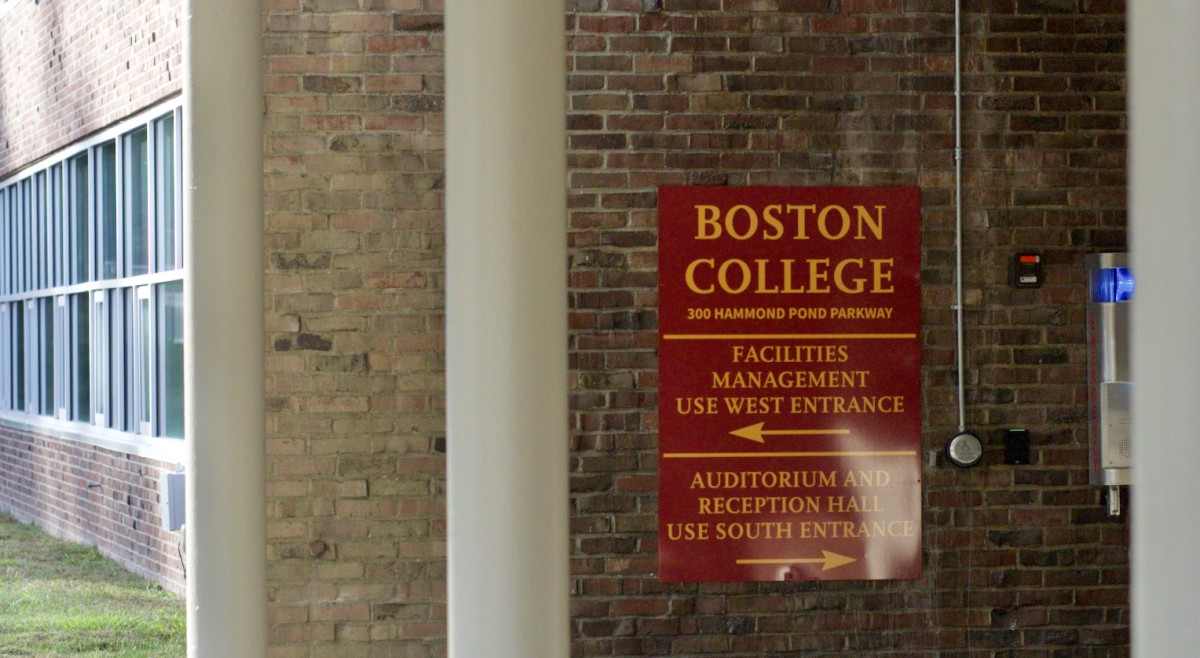
Enter the state. In a July 2024 filing, Massachusetts complained as “other interested party” that the deed was invalid because it “entangled” the government with religion in violation of the First Amendment, agreeing with BC’s assertion.
But the state went further, arguing that if the deed was invalid, then in 1954, the commonwealth never rightly turned the land over to the synagogue. And since the state effectively owned the land at the time, the synagogue would not have had the authority to sell the land to BC in 2016. From there, the City of Newton would not have been rightly able to seize the land through eminent domain in 2019.
In effect, the commonwealth asserted that the land should have never left the state’s ownership, making the quarrel between Newton and BC irrelevant.
On July 3, a Middlesex County Superior Court justice ruled that BC’s case for higher compensation could advance. But it wasn’t that simple. He added that many questions remained unanswered, primarily, what should be done about the total $35.2 million transacted over the land since 2016.
“How would/could this Court, or other authority ‘unwind’ the 1954 transaction, the 2016 conveyance, and what, if any, effect would ‘unwinding’ the transactions have on the 2019 taking by the City[?]” the justice, Camille Sarrouf, wrote.
“Unwinding” might mean that BC would have to return the $15.2 million that Newton paid it. In turn, Temple Mishkan Tefila would theoretically have to pay back the $20 million BC gave it for the land as well.
“Questions would arise regarding the status of the $20 million purchase price Boston College paid to Temple Mishkan Tefila in 2016,” lawyers for the city wrote in their filing.
But Sarrouf didn’t provide the answers to those questions, writing instead that his assertion won’t be “acted upon.”
And in the process of deliberation, the fight over the deed had been moved into its own Land Court case. Therefore, the original eminent domain case—BC requesting more money for the 2019 transaction—is ongoing, despite the court’s decision.
“Newton’s suit against Boston College and the Commonwealth of Massachusetts in the Land Court is an ill-conceived attempt to avoid compensating Boston College by burdening the Congregation Mishkan Tefila with the economic cost of the City’s 2019 taking,” the University wrote in a statement to The Heights. “BC has every confidence that this suit will not change the status of the University’s Superior Court action to obtain just compensation for the 17 acres that the City seized by eminent domain.”
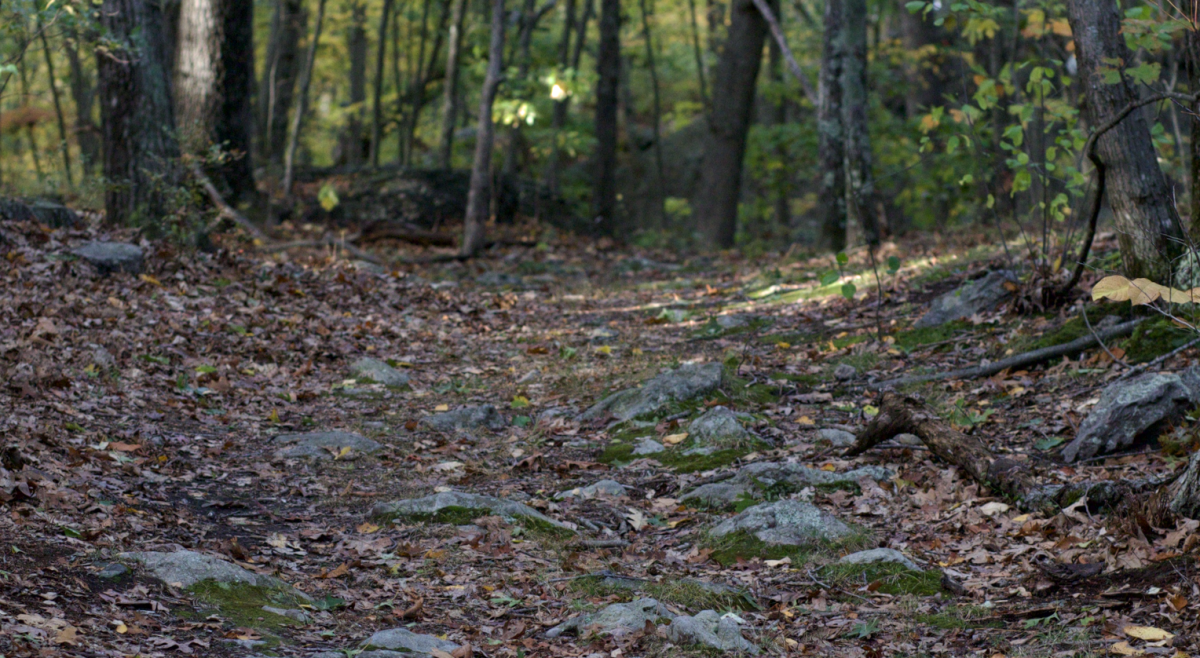
So on Oct. 9, lawyers for the City of Newton filed a complaint requesting the Massachusetts Land Court resolve the confusion and name the rightful owner of the land.
“The Commonwealth’s failure to act … has created substantial uncertainty as to the state of title,” Newton’s lawyers wrote in the filing.
In a newsletter to Newton residents, Newton Mayor Ruthanne Fuller underscored the city’s commitment to winning back the woods—and staving off any more payments to BC.
“We remain committed to preserving Webster Woods in perpetuity for future generations,” Fuller wrote. “We will also work to protect Newton taxpayers from an unfair outcome.”
While the courts deliberate, BC will keep hold of the 7.6-acre tract at the old synagogue, Newton will retain its claim over the 14.8-acre forest—and the future of the quiet Webster Woods will remain in limbo.
Correction (10/17/25, 1:50 p.m.): This article was corrected to clarify that the July 3 ruling did not decide the Commonwealth of Massachusetts rightfully owns Webster Woods.

